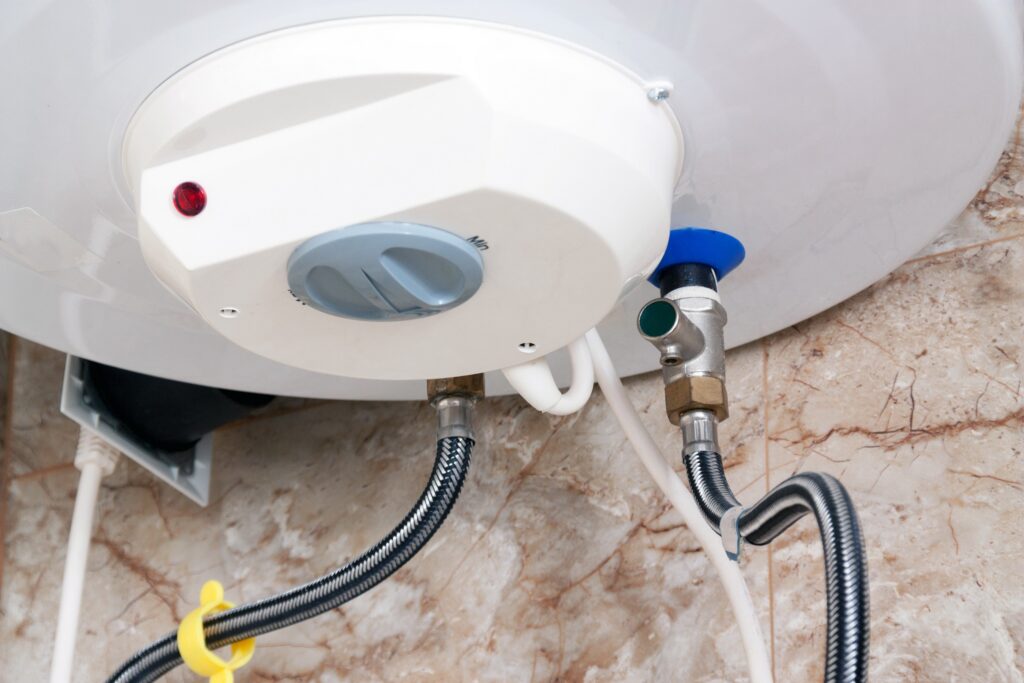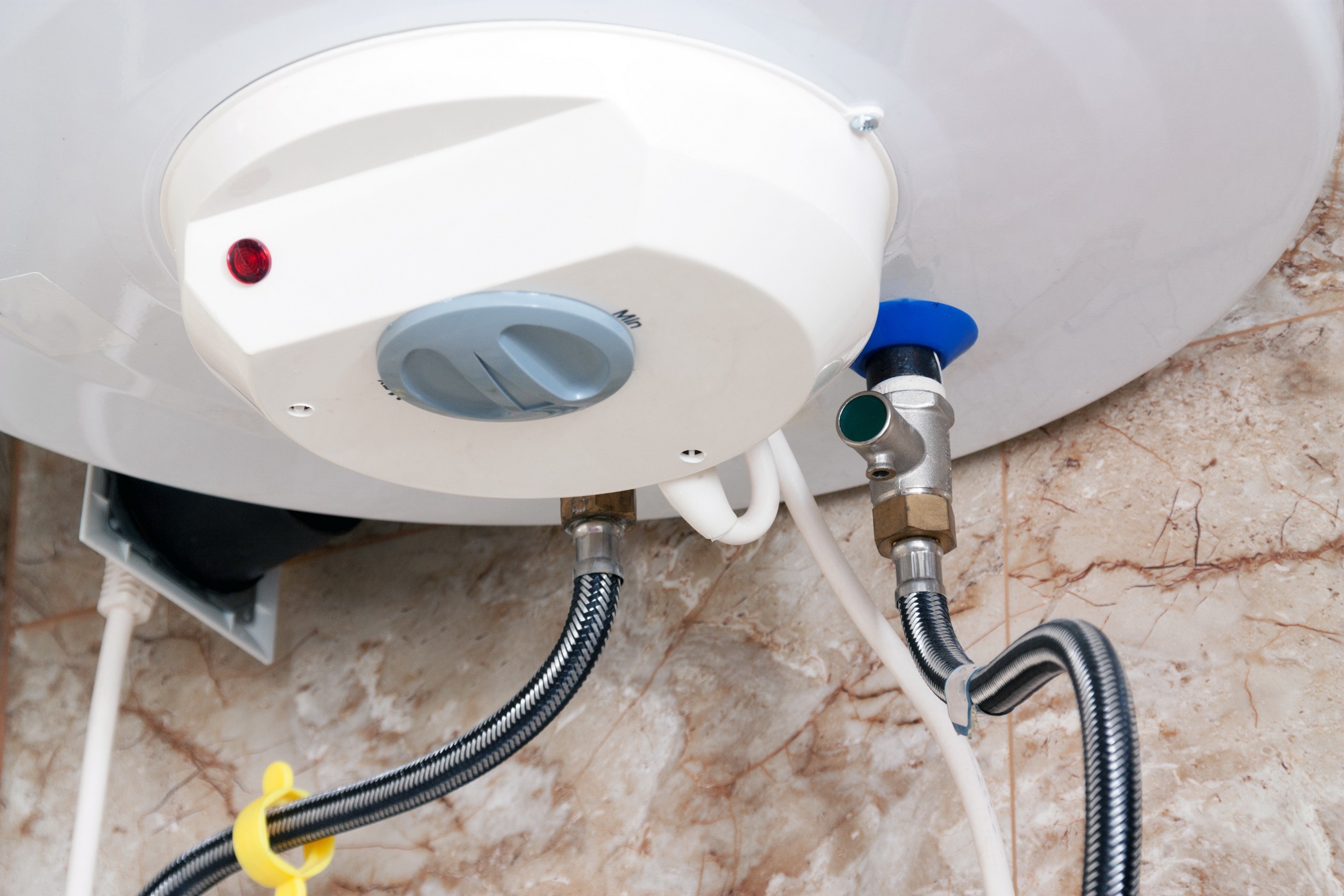Installing a boiler is one of the smartest decisions you can make as it provides energy-efficient heating during the winter. Boilers heat water which can remain in liquid form or be turned into steam before it is channeled to a system of radiators that provide indoor heating throughout a home. The time it takes to install a new boiler may vary depending on how much pipe-refitting is involved. It is important to hire a professional contractor to handle the installation to ensure your boiler operates at its maximum efficiency. In today’s article, we will be discussing the pros and cons of boiler installation.
Pros
- It saves you energy in the long run
Installing a boiler in your home increases your cost savings in the long term. It provides a more effective method of heat transfer than forced air systems.

By heating your home more efficiently, you get to save energy which in turn, saves you money in the long run. Therefore, the decision to switch from a forced air system to a boiler system increases your cost savings throughout the lifespan of your heater.
- It provides an even distribution of heat
Forced-air systems operate by blowing out heated air through installed duct systems. As a result, it takes a while for enough hot air to accumulate and spread out inside your home. Boiler systems on the other hand provide radiant heat that moves evenly around the space, providing full comfort when you need it.
- It adds value to your home
A boiler installation adds significant value to your home whether you are thinking of selling it in the future or just to increase the comfort and functionality of your space. Boilers may sound like an expensive item for a new homeowner who is just getting started, but once you understand the benefits and how valuable they could be to potential buyers, you won’t think twice about investing in them.
- It is durable and long-lasting
Boilers are constructed with fewer moving parts than heat pump systems or furnaces. It is also different from forced air systems which require a blower fan and multiple motors to operate. Boilers only have one major mechanical moving component which is the circulator pump. Because of this reason, boilers undergo less stress than other heating systems because of their lower number of mechanical parts. As long as a boiler is properly installed and well-maintained, you can expect it to last for a very long time.
Cons
- It can be costly to install
The type of boiler you install determines how much money you are likely to invest upfront. High-efficiency boilers cost more than standard boilers but are less likely to break down and require little maintenance. The installation procedure can also take longer if they have to remove your existing heat system before installing the new boiler. All these factors play a significant role in the overall upfront costs you will spend during boiler installation.
- It is not recommended for DIY enthusiasts
As much as you enjoy fixing up things and exploring new ideas, a boiler installation is a complicated process that can cause a bigger problem if not done right. Whether it is an electric or an oil boiler, it is still advisable to hire a professional because there are certain aspects of the job that require special skills. Wiring up a newly installed electric boiler may not be as easy as you think if you lack the right knowledge and expertise to get around it.
- Need to monitor boiler pressure
The ideal boiler pressure is usually marked in green while the red gauge indicates high and low boiler pressure zones. It is always important to check your boiler pressure occasionally even if it is working well. Having an idea of topping up boiler pressure when it is too low or releasing boiler pressure when it is too high reduces costs incurred on expensive repairs and maintenance. While it may seem tedious to perform these pressure checks, it is a necessary procedure to keep the boiler operating at its optimal efficiency.
The process of installing a new boiler is time-consuming and requires technical expertise to unpack, reassemble, realign, and connect to utilities. After the installation is complete, in-depth testing needs to be performed to ensure the boiler achieves its maximum operational efficiency. All these tasks can be very difficult for a DIY enthusiast to follow because of the technicalities involved in setting them up. Hiring a professional company to install your new boiler guarantees safety and ensures your heater operates efficiently for a long time.

